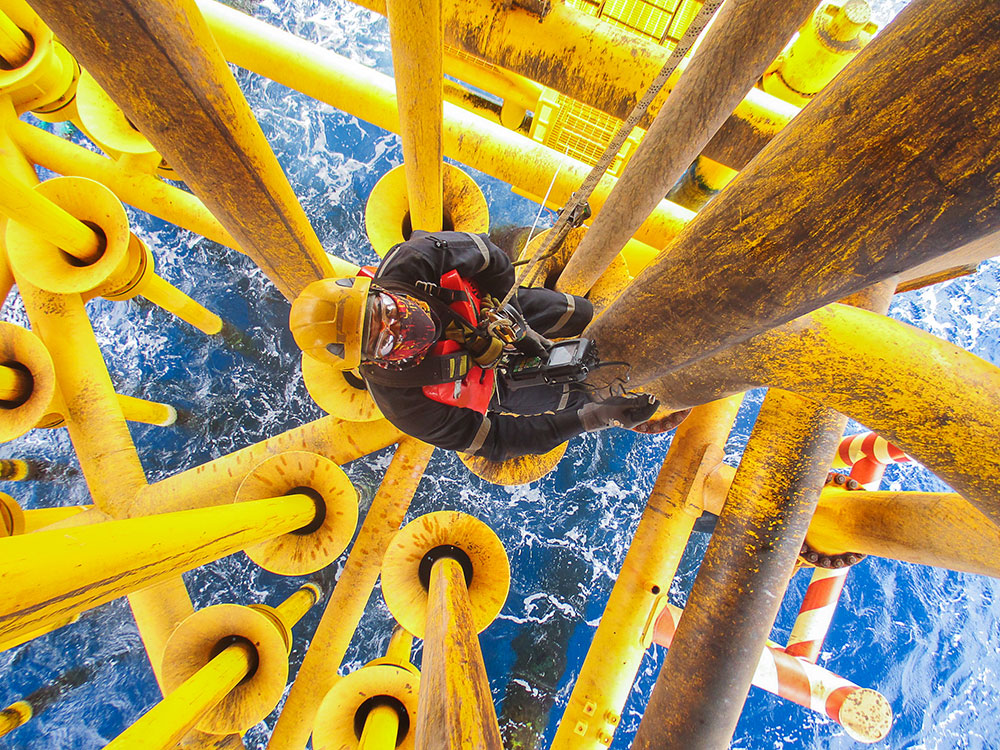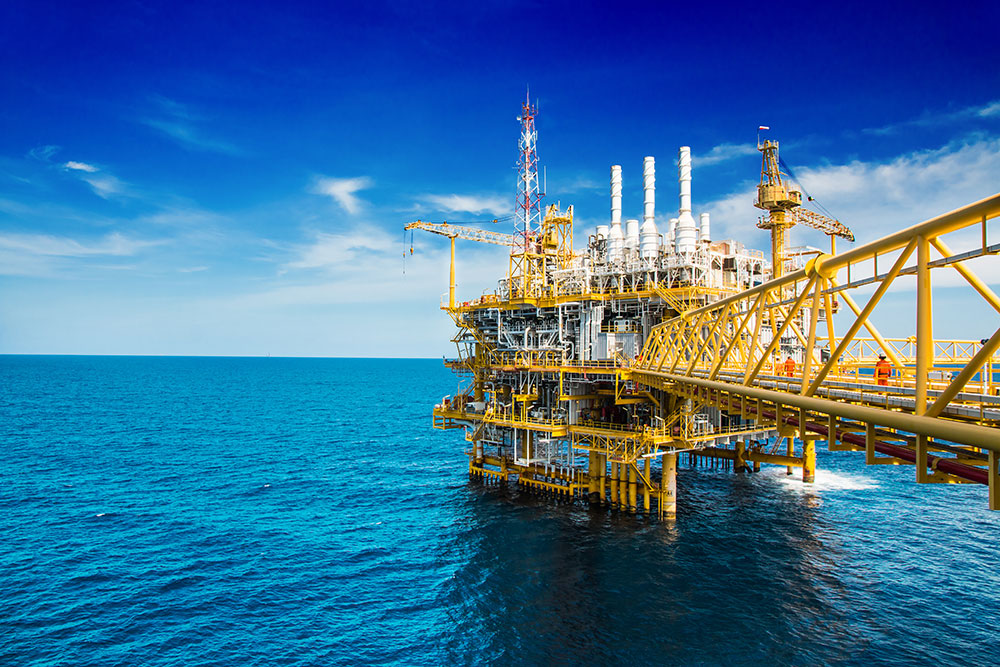Offshore Accidents & Injury Lawyers
 Ship and rig owners and operators have a duty to provide the safest environment that is reasonably possible for crew members. When they fail to do so, accidents can happen. If the accident is the result of the owner or operator’s direct negligence, or because of the unseaworthiness of a ship or rig, victims may be eligible to file an offshore injury claim.
Ship and rig owners and operators have a duty to provide the safest environment that is reasonably possible for crew members. When they fail to do so, accidents can happen. If the accident is the result of the owner or operator’s direct negligence, or because of the unseaworthiness of a ship or rig, victims may be eligible to file an offshore injury claim.
Anyone who has experienced an accident, physical injury, or medical emergency while in the service of their vessel or rig has the right to contact an offshore accident lawyer to determine their legal options.
You and your family are entitled to certain rights under maritime law. To discuss your offshore accident with one of our offshore accident attorneys, contact us today.
What Type of Offshore Accidents Can Occur?
The types of accidents that can take place will vary based on location. For example, some accidents can stem from explosions and fire. Individuals who work on vessels, platforms, and rigs are routinely surrounded by materials that are flammable and perhaps explosive. If a ventilation system malfunctions, if fuel is stored improperly or if vessels crash into each other, explosions and fire can take place and the injuries from such accidents can be disastrous and even deadly.
Accidents can also occur due to falling objects. In fact, being hit by a flying or falling object is one of the more common injuries to occur on oil rigs and other vessels. Support structures, as well as large, heavy machinery that are not properly or correctly secured, can potentially injure the people who are on deck.
Another type of accident that can take place is a slip and fall. In inclement weather, oil rigs and the decks of ships can be very difficult places to work. Wet surfaces tend to cause those working onboard to slip and fall. But it is not only bad weather than can lead to slips and falls. Loose stairway welds, corroded walkways, and ledges that do not have handrails can also play a role in causing a worker’s injuries.
Injuries Stemming From Offshore Accidents
 The injuries that an offshore worker might experience can include burns, spinal cord and brain injuries, back and orthopedic injuries, eye injuries, and crush injuries. Burn injuries can lead to long-term or even life-long emotional and physical scars that can be quite severe. Spinal cord injuries or SCI can cause an individual to lose function in one or more of his or her limbs and/or they can lead to temporary or permanent paralysis.
The injuries that an offshore worker might experience can include burns, spinal cord and brain injuries, back and orthopedic injuries, eye injuries, and crush injuries. Burn injuries can lead to long-term or even life-long emotional and physical scars that can be quite severe. Spinal cord injuries or SCI can cause an individual to lose function in one or more of his or her limbs and/or they can lead to temporary or permanent paralysis.
Traumatic brain injuries, which are also known as TBI, are also injuries that workers can experience in extreme situations. If he or she sustains such an injury, the individual might experience issues with neurological functioning and long-term cognitive problems. Back and orthopedic injuries can negatively impact a worker’s ability to do his or her job. Additionally, when workers experience joint, tissue, or bone injuries, the effects can be short or long-term and can range in intensity from minor to very serious.
Eye injuries, much like back injuries, can substantially hinder a worker’s ability to perform his or her job, as any type of injury to the eye can result in vision impairment or even vision loss. Workers can also sustain crush injuries to a few digits or the entire body, particularly if the worker gets trapped under or in between heavy objects.









0 Comments